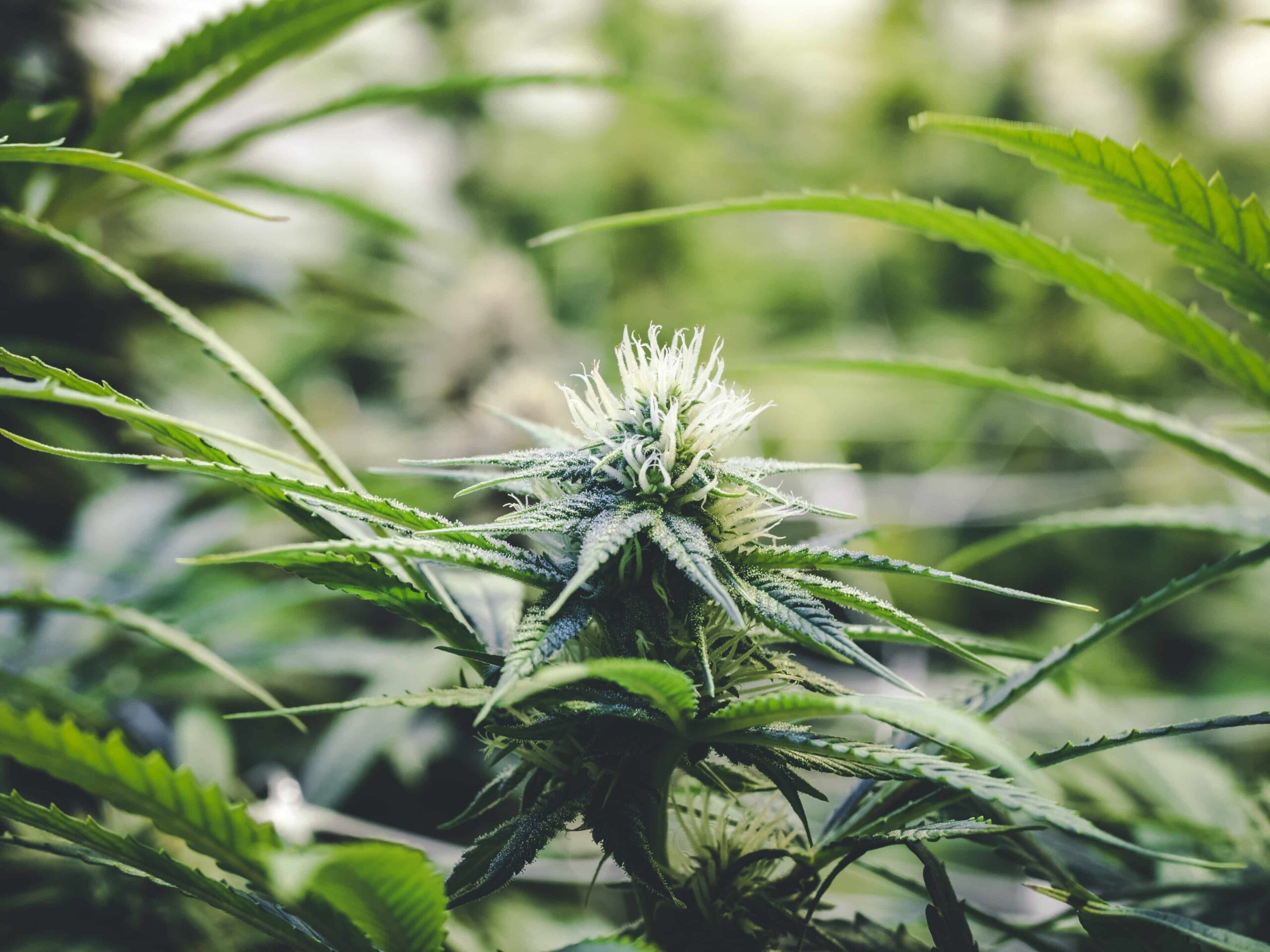
Delaware Cannabis Bills Go to the Governor’s desk
On April 14, two cannabis bills were officially sent to the desk of Delaware Gov. John Carney. House Bill 1 legalizes small amounts of cannabis for personal use, and House Bill 2 regulates cultivation and sale. Both together form the Delaware Marijuana Control Act.
Under the Delaware state constitution, the governor has 10 days to make a decision on the bills (which does not include Sundays), or anytime between April 22 for HB-1 and April 26 for HB-2. Carney can either sign the bills, veto them, or make no decision and let it become law without his signature.
According to Bill Sponsor Rep. Ed Osienski, the arrival of HB-1 and HB-2 on Carney’s desk is the result of a lot of work by lawmakers and advocates. “We’ve come a long, multi-year journey with the Marijuana Control Act. We have had countless hearings, debates, stakeholder engagements and consultations. We considered numerous suggestions and amendments from interested parties — including the Office of the Governor — during this process to arrive at what I believe is the best possible plan for legalizing and regulating adult-use recreational marijuana,” Osienski said . “I am confident that the governor will consider all of this as he reviews these bills and that he will honor the wishes of an overwhelming majority of Delaware residents.”
Carney’s answer to these bills is uncertain. Most recently, on March 29, Carney attended a press event for a campaign entitled “Making Delaware’s Roadways Safer.” There, Delaware reporter Tim Furlong asked Carney what he might do with the cannabis legislation bills in late March: “No, I’d rather focus on that issue,” Carney said at an event. “Obviously, my main concern is the intended consequences of legalization, including road safety.”
Carney initially vetoed a bill legalizing cannabis possession in May 2022, stating that he supported medicinal cannabis and decriminalization, but not recreational cannabis. “Even so, I don’t believe that promoting or expanding recreational marijuana use is in the best interest of the state of Delaware, particularly our young people,” Carney said last year. “Questions about the long-term health and economic effects of recreational marijuana use, as well as serious law enforcement concerns, remain unresolved.”
Following the veto, lawmakers attempted to override the veto in June 2022, but efforts failed. However, lawmakers reintroduced recreational cannabis into legislation in January 2023. The House of Representatives approved the bill on March 7th, followed by the Senate on March 28th.
In early March, Osienski shared his hope that the ongoing scrutiny of cannabis will eventually result in a governor’s signature rather than a veto. “My hope is that continued open dialogue with the governor’s office will help mitigate a veto,” Osienski said. “I have more support from my members… for a veto, but I hope it doesn’t come to that.”
Delaware borders New Jersey and Maryland, both of which have passed adult cannabis use. Delaware will next approve legalization and help strengthen cannabis on the East Coast, according to a statement by Vicente LLP’s Brian Vicente to the High Times. “The upcoming passage of legalization in Delaware is a historic and important step in establishing the Atlantic Seaboard as the foundation for the legal regulation of adult-use cannabis,” said Vicente. “For many years, legalization was considered a West Coast phenomenon, but now the East Coast is catching up. While we are a long way from making cannabis legal from Florida to Maine, Delaware continues to cement the East Coast as a turning back on marijuana prohibition.”

Post a comment: